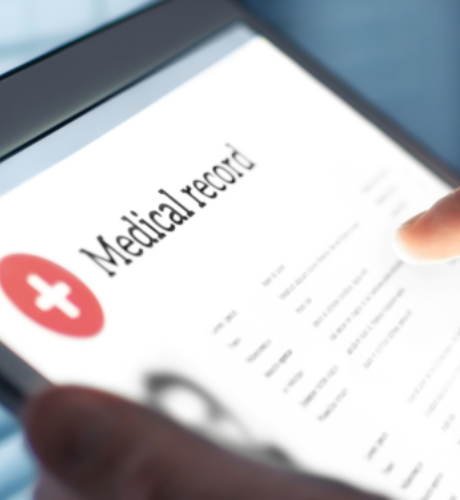EHR
Health Information Technology in the form of EHRs provides benefits to patient care, better-coordinated care, improved quality and safety, and improved administrative processing and billing and provide the necessary competitive advantage to medical service providers.
An Electronic Health Record (EHR) is an electronic version of a patient’s medical history, that is maintained by the provider over time, and may include all of the key administrative clinical data relevant to that persons care under a particular provider, including demographics, progress notes, problems, medications, vital signs, past medical history, immunizations, laboratory data and radiology reports The EHR automates access to information and has the potential to streamline the clinician's workflow. The EHR also has the ability to support other care-related activities directly or indirectly through various interfaces, including evidence-based decision support, quality management, and outcomes reporting.



EHRs are the next step in the continued progress of healthcare that can strengthen the relationship between patients and clinicians. The data, and the timeliness and availability of it, will enable providers to make better decisions and provide better care.
For example, the EHR can improve patient care by:
- Reducing the incidence of medical error by improving the accuracy and clarity of medical records.
- Making the health information available, reducing duplication of tests, reducing delays in treatment, and patients well informed to take better decisions.
- Reducing medical error by improving the accuracy and clarity of medical records.
